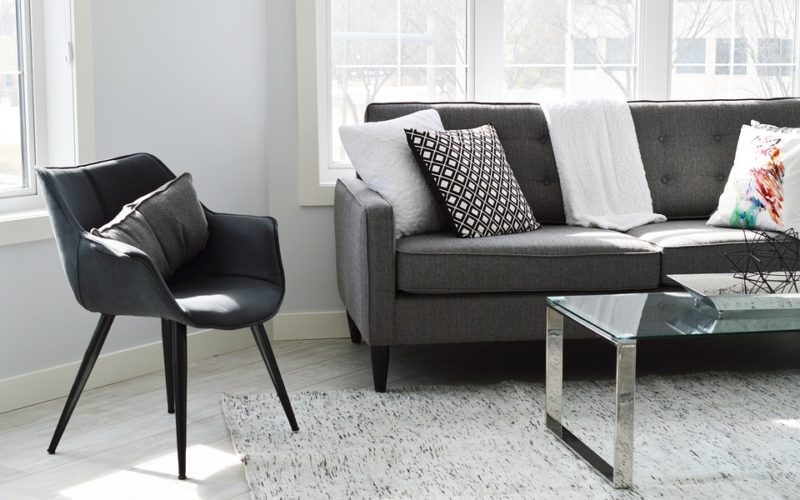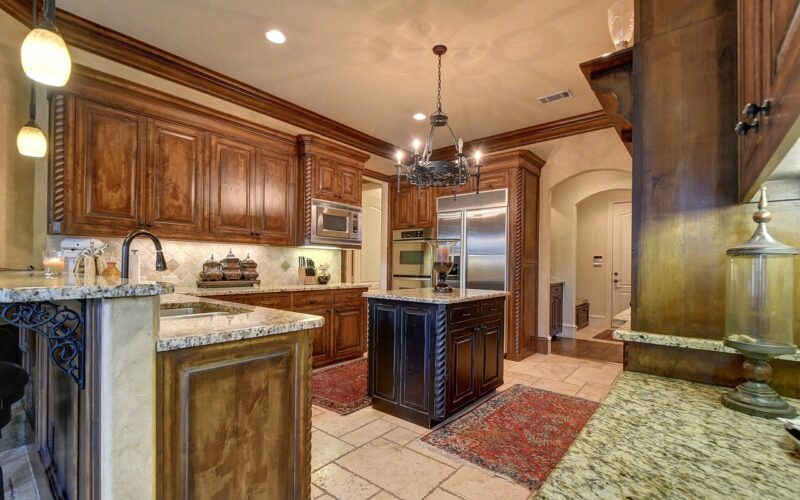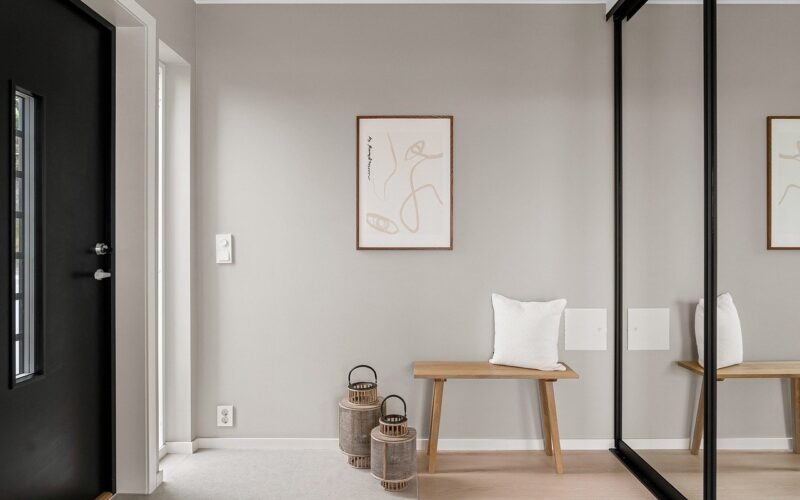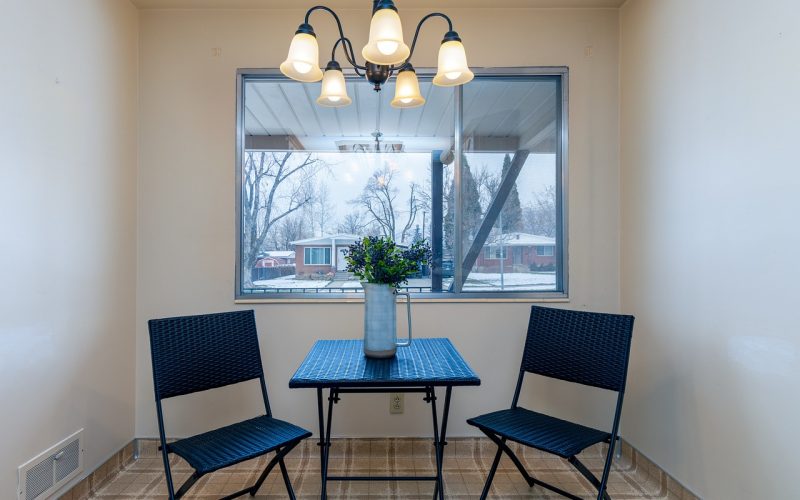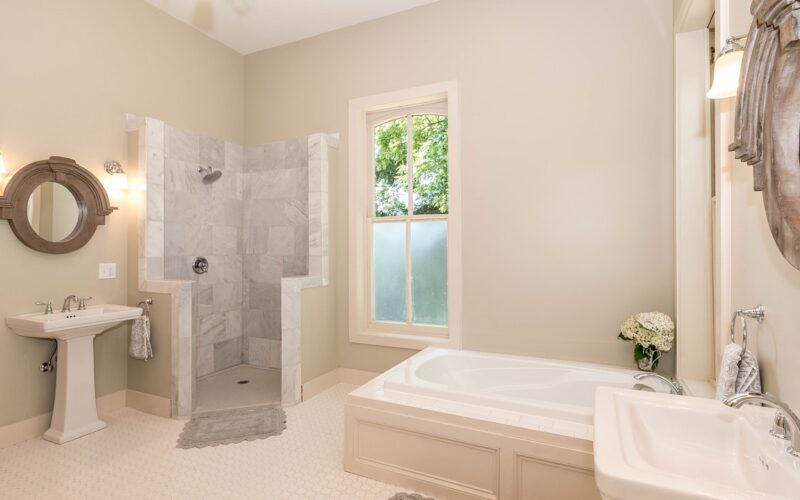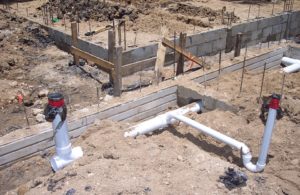Raising a growing family is an exciting and rewarding experience. However, it often comes with the need for additional space. Extending your home can be a practical and cost-effective solution to accommodate your expanding family. Here's an informative guide on how to extend your home and make the most of the available space.
Assessing your needs and planning
Before embarking on a home extension project, it's crucial to assess your family's needs. Consider the current and future requirements of each family member. Do you need more bedrooms, extra bathrooms, a larger kitchen, or a combination of these? Planning is key to ensuring the extension meets your family's needs without compromising the existing structure of your home. Consulting with an architect or a designer can help you translate your ideas into a feasible plan.
Choosing the right type of extension
There are several types of home extensions to consider, each with its own benefits. A single-storey extension is ideal for adding rooms such as a new kitchen, living area, or dining room. If you need more upper-level space, a double-storey extension might be the best option. Loft conversions are perfect for adding bedrooms and bathrooms without altering the footprint of your home. Lastly, garage conversions can provide additional living space without extending the building footprint.
Maximising space with clever design
Clever design is essential for making the most of your extension. Open-plan layouts can create a sense of space and flexibility, allowing your family to interact more easily. Incorporating large windows and glass doors will bring in natural light, making the new spaces feel airy and welcoming. Built-in storage solutions such as under-stair cupboards, wall-mounted shelves, and custom wardrobes can help keep the area organised and clutter-free.
Adding bathrooms to reduce morning rush
One common issue for growing families is the morning rush to use the bathroom. Adding extra bathrooms can significantly ease this pressure. If space allows, consider installing an en-suite bathroom for the master bedroom or converting a small, unused area into a compact shower room. Hiring a professional bathroom fitter ensures that the new bathroom is installed correctly and efficiently, adhering to all necessary building regulations.
Ensuring energy efficiency and sustainability
When extending your home, it's vital to consider energy efficiency and sustainability. Use high-quality insulation materials to keep your home warm in winter and cool in summer. Double-glazed windows and energy-efficient doors will help reduce heat loss. Choose sustainable building materials and energy-efficient appliances where possible. Not only will these measures reduce your environmental impact, but they can also lead to significant savings on utility bills.
Budgeting and financing your extension
Home extension projects can be costly, so it's essential to establish a realistic budget. Factor in the cost of materials, labour, and any additional expenses such as planning permits and design fees. It's wise to set aside a contingency fund for unexpected costs that may arise during the project. If needed, explore financing options such as home improvement loans or re-mortgaging to fund the extension. Thoroughly research and choose reputable contractors to ensure the best value for your investment.
Extending your home to accommodate an expanding family is a significant undertaking, but careful planning and design can make the process smoother and more rewarding. By understanding your needs, choosing the right type of extension, and focusing on energy efficiency, you can create a comfortable and functional space that grows with your family. Don't forget to consult with professionals, such as architects and bathroom fitters, to ensure your extension is both stylish and practical.




